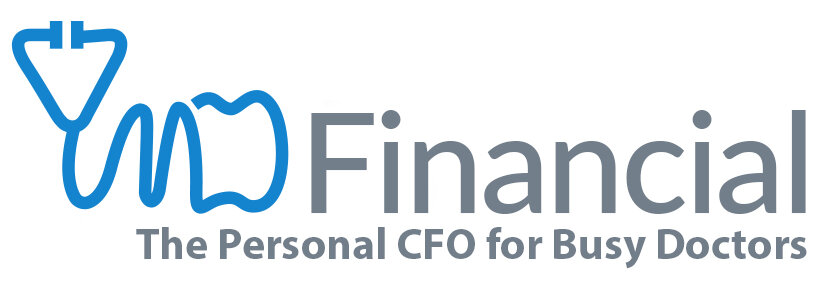Rebuilding Your Credit Score
By Josh Lantz, CRPC® and Katherine Vessenes, JD, CFP®
Credit scores are deceivingly important. Here’s why: Let’s say you go out to buy your dream home and get a $500,000 mortgage only to find out the late payments you had in training made your credit score fall to below 700 points. The difference between the best rate and the rate the banks will now offer you might be 0.50%. For most mortgages that’s a difference of around $150 per month or $54,000 over a 30-year period of time. Ouch!
Here are some tips on how to go about improving your credit score. The goal is to get your score above 740.
1. Stay Aware: Know what your credit score is. Monitor any changes. We suggest going to www.FreeCreditScore.com each year to monitor your credit and verify its accuracy. In addition, arm yourself with a credit monitoring service like LifeLock, IdentityGuard, Trusted ID, etc.
2. Build Good Credit using a Credit Card: While at first blush this might sound like an oxymoron, you can rebuild your score by demonstrating positive payment history. Here are some things to watch for:
Don’t apply for multiple credit cards each year as this will damage your credit. Try one at a time. Maintain one card.
If you are having trouble obtaining a card, apply for a department store card or try the Capital One Classic Platinum card established for people with lower credit scores.
Keep in mind that credit cards have high interest rates. You will always want to pay off the balances each month. If life gets too busy for you to remember to pay these bills each month, setup an automatic bill-pay draft from your checking account.
3. Build Good Credit using a Secured Card: If you are having trouble getting a new credit card, try a secured card or a debit card. Secured credit cards report to credit agencies just like standard cards, so they can be used for building credit. The difference is they require a security deposit, so you are drawing off of funds you have already deposited. Positive use will help improve credit.
4. Avoid Behavior that Hurts Credit: Paying late, missing payments, and maxing out your cards are all things to avoid. If you do carry a balance, make sure to keep your balance under 75% of your available credit.
5. Keep Cards Open with Good Credit: Be careful which cards you close (if any). The longer you’ve had credit, the better. So if you have a credit card that shows good credit history make sure to keep that card open. Even if you never use it.
6. Be aware of what makes up the score: According to FICO, the score is made up of 35% payment history, 30% amounts owed, 15% length of credit history, 10% new credit, and 10% types of credit used[1]. Unfortunately, they don’t cut you a break for having a high salary, or for being a physician.
7. Number of Cards: Hold 4-5 cards at most, per household. Avoid rotating cards (if able), for the 0% APR deals, as it can hurt your credit.
8. Remove Stains on your Credit Report: The three credit bureaus are forced to examine disputes within 30 days of receiving your letter. Therefore, if you find a credit report error, you can write them a letter disputing their records. Include account numbers, full legal name, date of birth, social security number, mailing address, last 5 years mailing addresses, copy of your drivers license, copy of your social security card, the name of the company, and the details of their error. Make sure to send via registered mail for tracking purposes.
Keep in mind, if a credit reporting bureau cannot verify the accuracy of a black mark then they are forced to remove it. This comes into play when you have a late payment from a company that no longer exists, or a bank that has since merged with a larger institution.
Below are the credit bureaus’ contact info:
Experian
P.O Box 9556
Allen, TX 75013
Equifax
P.O. Box 740241
Atlanta, GA 30374-0241
TransUnion
P.O. Box 2000
Chester, PA 19022-2000
Debt repayment plans can be a part of our comprehensive plan. If you need help managing your debt, let us know and we might be able to help.
[1] http://www.myfico.com/CreditEducation/WhatsInYourScore.aspx
Josh Lantz, CRPC®, COO of MD Financial and Financial Advisor works diligently with all our teams to coordinate the services we provide for our clients. He wants to make sure all our clients have sound, fiscally responsible, financial plans and feel more comfortable about their future. When not working, Josh enjoys skiing, mountain biking, and mixed martial arts. He can be reached at Josh@mdfinancialadvisors.com.
Katherine Vessenes, JD, CFP®, is the founder and CEO of MD Financial Advisors who serve 500 doctors from Hawaii to Cape Cod. An award-winning Financial Advisor, Attorney, Certified Financial Planner®, Registered Financial Consultant, author and speaker, she is devoted to bringing ethical advice to physicians and dentists. She can be reached at Katherine@mdfinancialadvisors.com.

